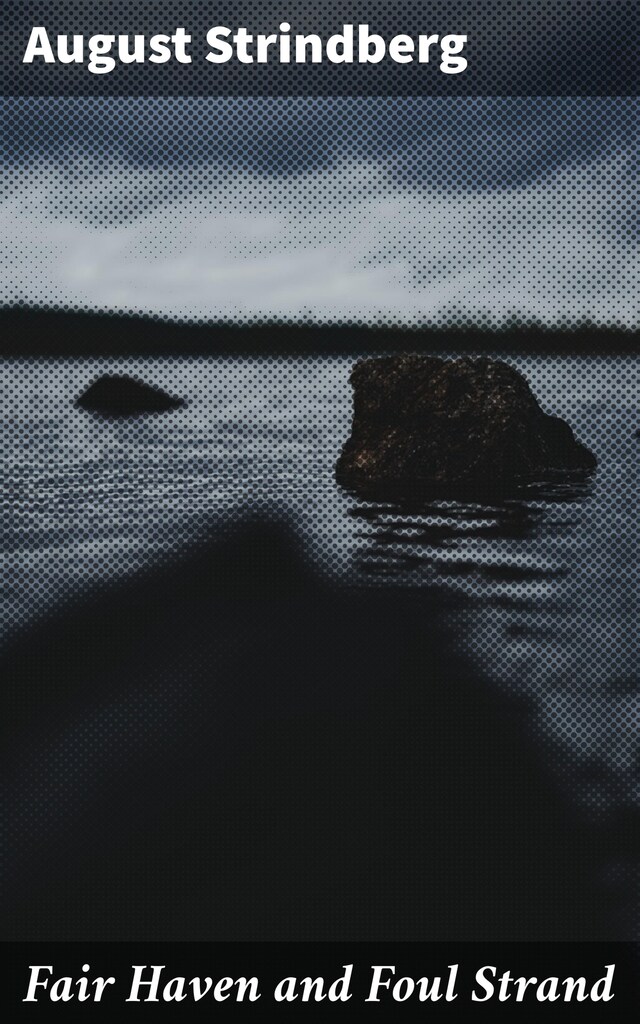Fair Haven and Foul Strand
Exploring societal norms and inner turmoil along the Swedish coastline in the late 19th century
Exploring societal norms and inner turmoil along the Swedish coastline in the late 19th century
In "Fair Haven and Foul Strand," August Strindberg embarks on a profound exploration of the human condition, weaving together autobiography and fiction in a manner that transcends traditional narrative forms. Written in 1905, this semi-autobiographical work is marked by Strindberg's hallmark naturalistic style, where the intricate detail of the characters'Äô psychological landscapes mirrors the complexity of their external environments. The text is layered with existential inquiries and contrasting ideals'Äîsuch as hope and despair'Äîembodying Strindberg's ongoing dialogue with contemporary societal norms and personal turmoil. August Strindberg, a pivotal figure in Swedish literature and the modern drama movement, was no stranger to personal upheaval, having experienced tumultuous relationships and existential crises throughout his life. His deep dive into the interplay between emotion, society, and individual psyche in "Fair Haven and Foul Strand" can be seen as a reflection of his own struggles, including his philosophical grappling with identity and the human experience. Strindberg's vision was heavily influenced by his engagement with various artistic and philosophical movements, marking this work as a critical intersection of personal saga and broader thematic exploration. For readers interested in the intricacies of human emotion and societal reflection, "Fair Haven and Foul Strand" is a compelling read that merges Strindberg's innovative prose with the authentic turmoil of his life. This book not only serves as an entry point into Strindberg'Äôs thought but also reveals the timeless struggle of individuals as they navigate the choppy waters of their existence. Highly recommended for those who appreciate psychological depth and social commentary.
 August Strindberg
August Strindberg 170 Pages
170 Pagesfrom €79/month
Enjoy a world of audiobooks and e-books. No commitments. Cancel at any time.
